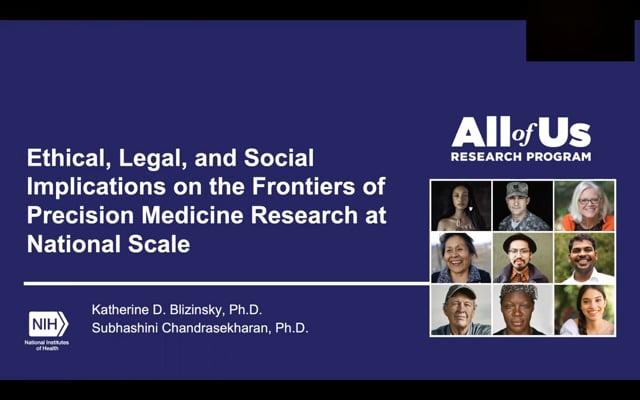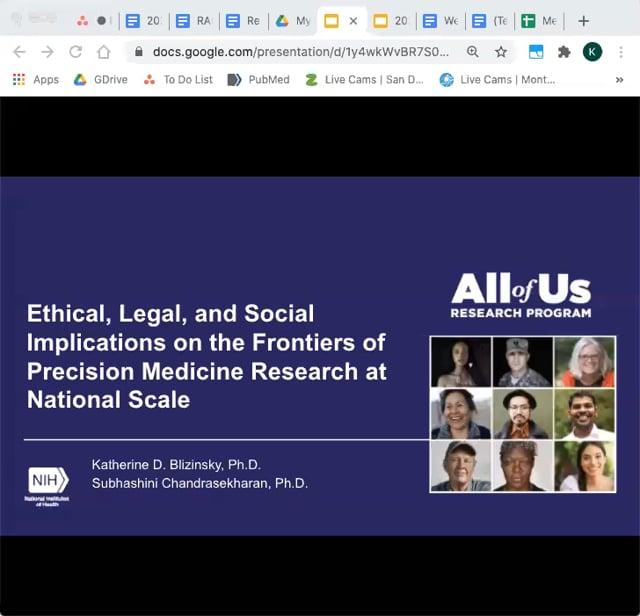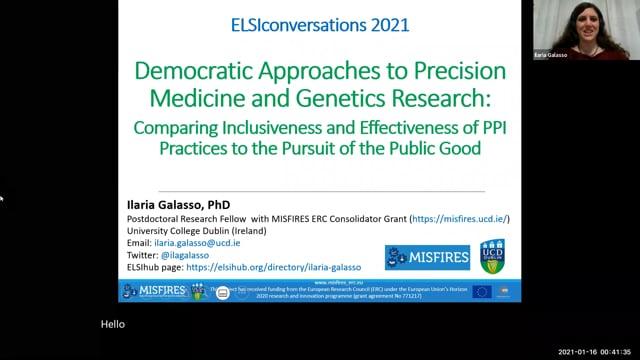Defining the Critical Components of Informed Consent for Genetic Testing
Kelly Ormond, MS, CGC - Stanford University
ELSIconversations - March 26, 2021
The Consent And Disclosure Recommendations (CADRe) workgroup within ClinGen (Clinicalgenome.org) consortia has been examining approaches to consent for genetic testing over the past several years. We have previously published conceptual rubrics to describe which sorts of conditions and/or genetic tests are appropriate for ‘targeted discussion’ approaches, and presented our evaluation of the ACMG Secondary Findings 2.0 list, with other genes currently under evaluation. Since many of our gene ‘curations’ suggest that a targeted discussion approach to consent would be appropriate, and since there is currently no consensus on what that would entail, we turned our attention to defining the components of consent that are considered core by experts in the field. We performed a scoping review of the literature on clinical and research genetic testing consent, and identified 77 concepts for evaluation. This works-in-progress presentation will present results from a 2 stage expert Delphi study, addressing the views of genetics clinicians and bioethicists with experience in genetic testing consent. Delphi Survey 1 has been administered in November 2019, with Survey 2 expected in January 2020. We also expect that a broader survey will be administered in Spring 2020 to clinical genetics providers (via NSGC and ACMG or other professional organizations) to ascertain whether there is agreement with the outcomes of the Delphi survey findings.
Tags
Videos in Series
-
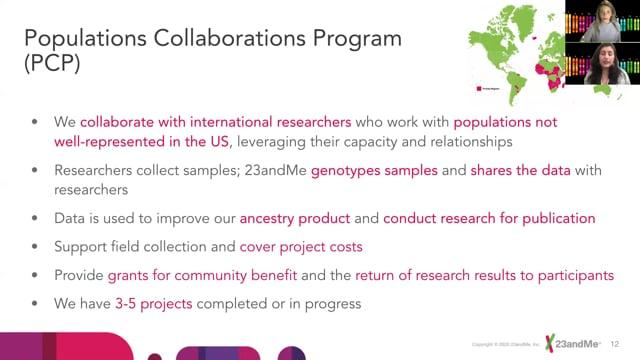
ELSIconversations 1: ELSIcon2020 - A Prospectus on Ethical Issues in the Context of Collaborations Between Academic and Non-academic Institutions on Genetics Research
-
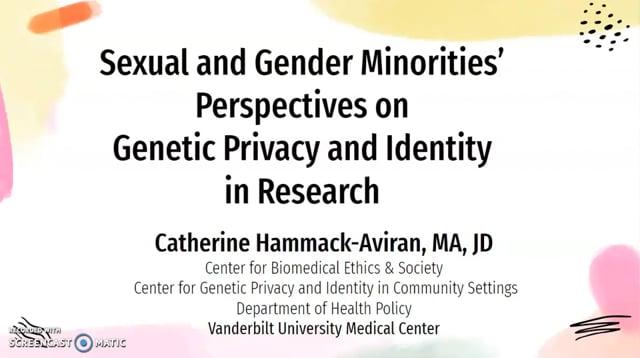
ELSIconversations 1: ELSIcon2020 - Sexual and Gender Minorities’ Perspectives on Genetic Privacy and Identity in Research
-
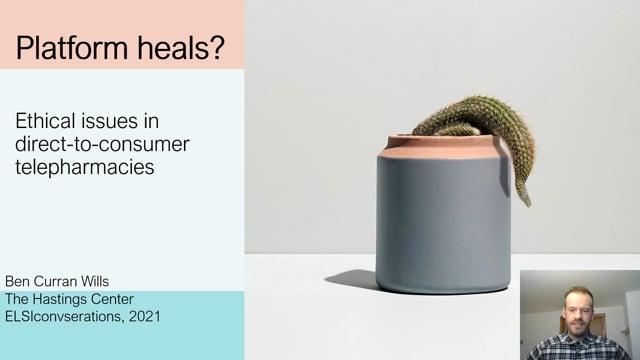
ELSIconversations 1: ELSIcon2020 - Platform Heals? Ethical Issues in Direct-to-consumer Telepharmacies
-
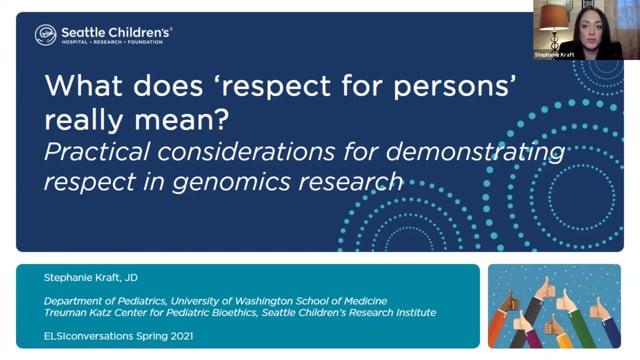
ELSIconversations 1: ELSIcon2020 - What does ‘respect for persons’ really mean? Practical considerations for demonstrating respect in genomics research
-
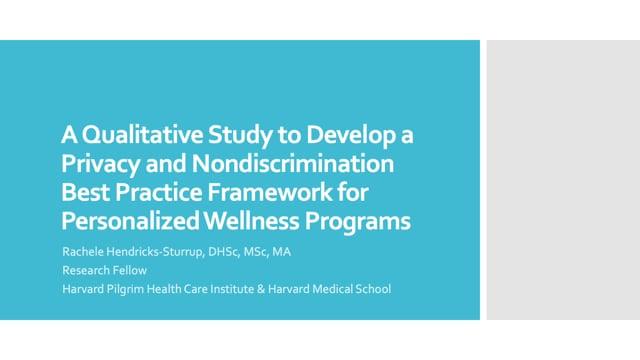
ELSIconversations 1: ELSIcon2020 - A Qualitative Study to Develop a Privacy and Nondiscrimination Best Practice Framework for Personalized Wellness Programs
-
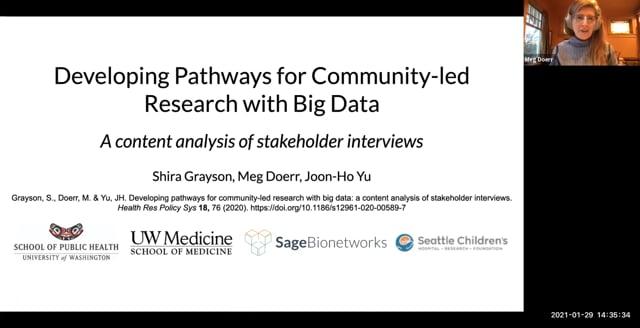
ELSIconversations 1: ELSIcon2020 - Developing Pathways for Community-led Research with Big Data: A Content Analysis of Stakeholder Interviews
-
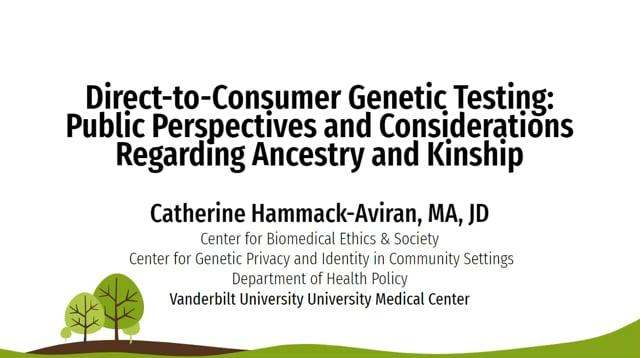
ELSIconversations 1: ELSIcon2020 - Direct-to-Consumer Genetic Testing: Public Perspectives and Considerations Regarding Ancestry and Kinship
-
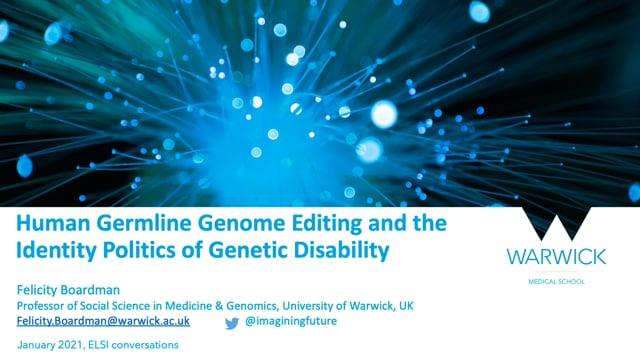
ELSIconversations 1: ELSIcon2020 - Human Germline Genome Editing and the Identity Politics of Genetic Disability
-
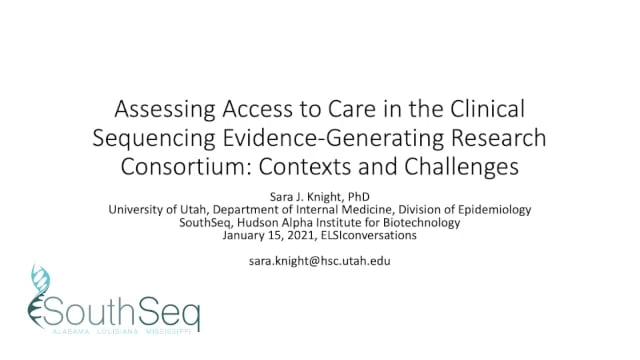
ELSIconversations 1: ELSIcon2020 - Part 4. Assessing Access to Care in the Clinical Sequencing Evidence-Generating Research Consortium: Contexts and Challenges
-
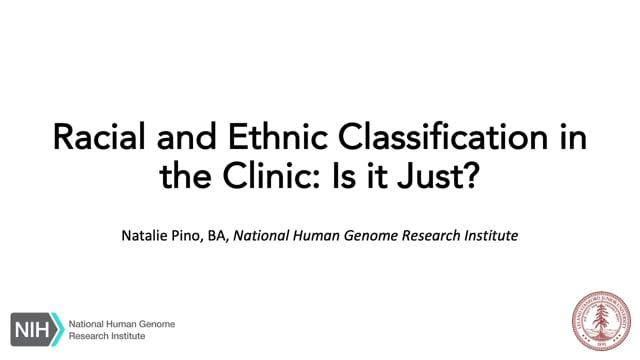
ELSIconversations 1: ELSIcon2020 - Racial and Ethnic Classification in the Clinic: Is it Just?
-
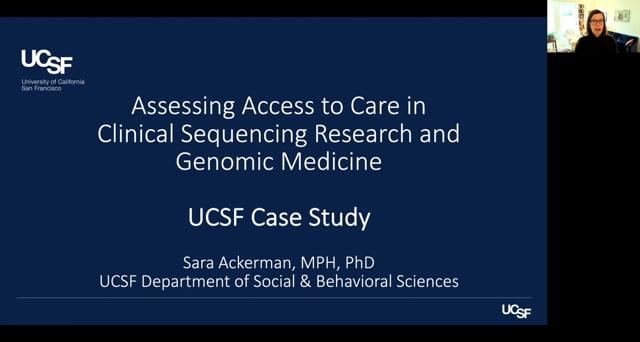
ELSIconversations 1: ELSIcon2020 - Part 3. Assessing Access to Care in the Clinical Sequencing Evidence-Generating Research Consortium: Contexts and Challenges
-
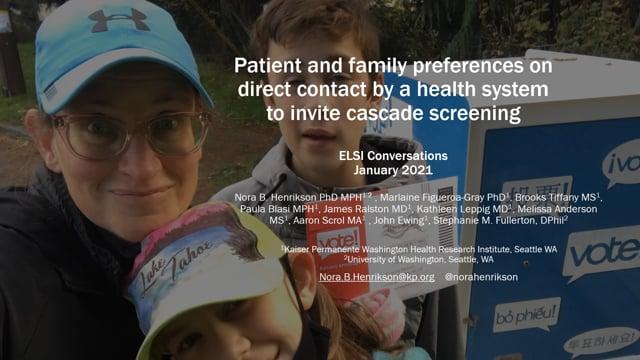
ELSIconversations 1: ELSIcon2020 - Patient and family preferences on direct contact by a health system to invite cascade screening
-
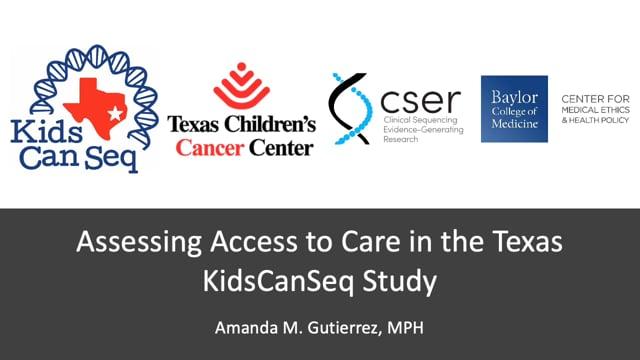
ELSIconversations 1: ELSIcon2020 - Part 2. Assessing Access to Care in the Clinical Sequencing Evidence-Generating Research Consortium: Contexts and Challenges
-

ELSIconversations 1: ELSIcon2020 - Which Public, What Comments? An Analysis of Public Comments on Human-Animal Chimera Research Submitted to the National Institutes of Health
-
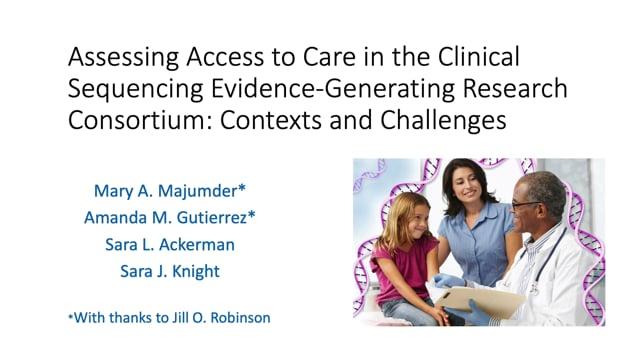
ELSIconversations 1: ELSIcon2020 - Part 1. Assessing Access to Care in the Clinical Sequencing Evidence-Generating Research Consortium: Contexts and Challenges
-
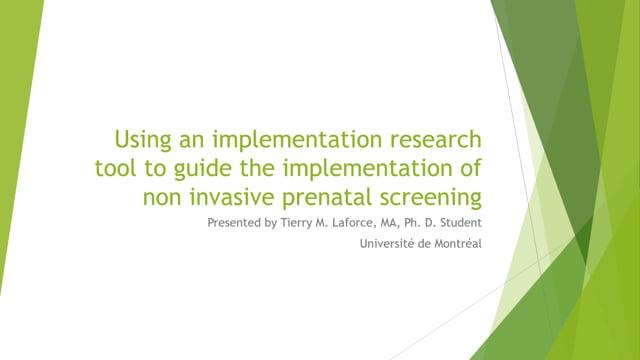
ELSIconversations 1: ELSIcon2020 - Using an implementation research tool to guide the implementation of non-invasive prenatal screening

